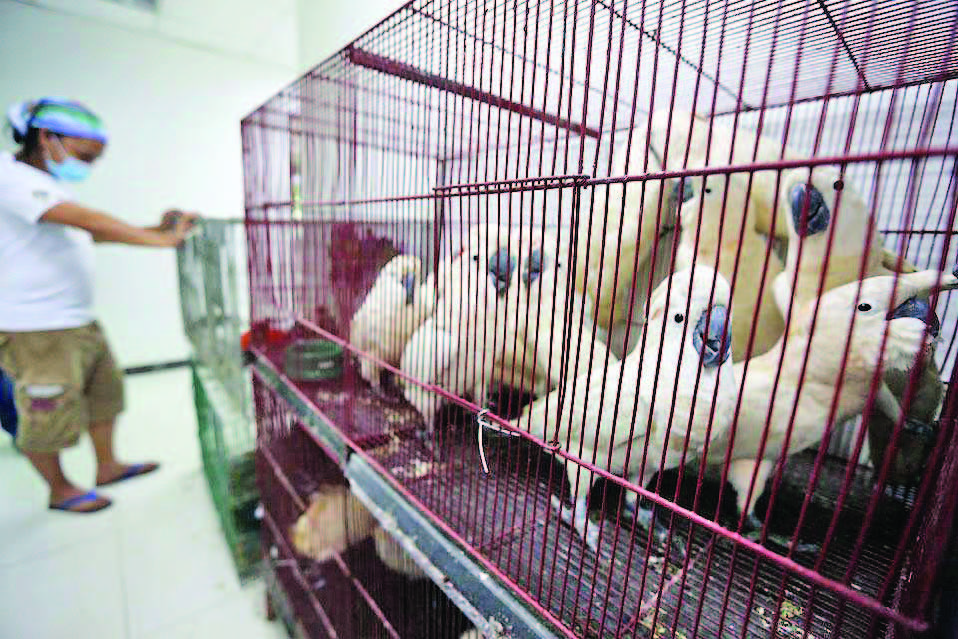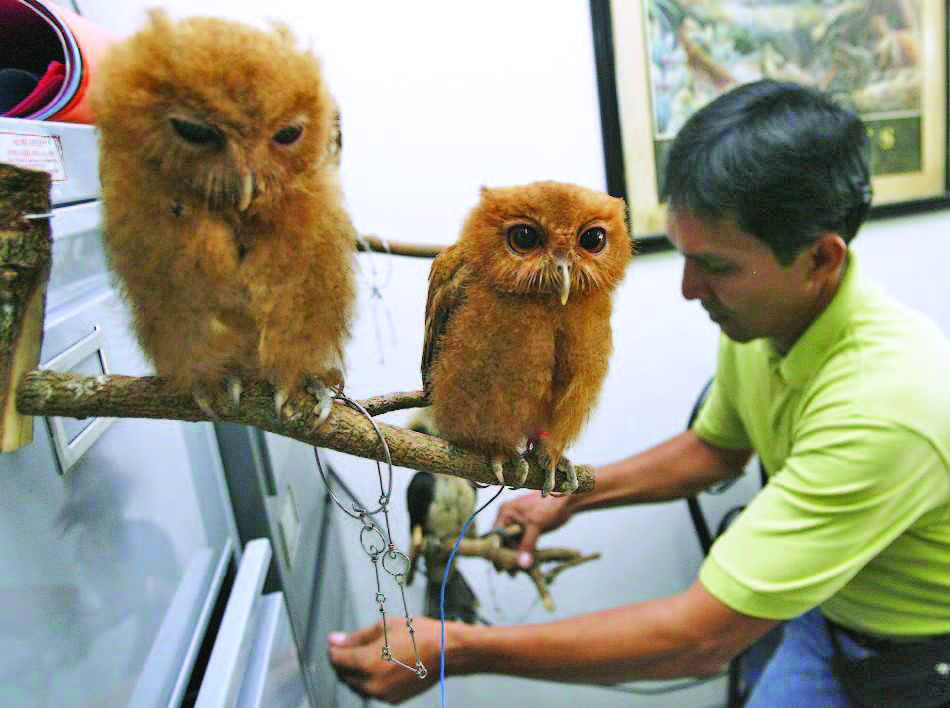With the great number of stray dogs and cats ready to be adopted from shelters all over the country, one would think that there would be no need to smuggle pets into the Philippines. Unfortunately, the illegal pet trade is an industry that never sleeps.
In October 2007, more than 200 tarantulas and scorpions from South America were shipped to the Philippines. The microwaveable plastic containers carrying the animals were intercepted by customs officials at the Ninoy Aquino International Airport. Some had already died of asphyxiation, while the rest were sent to the Ninoy Aquino Parks and Wildlife Center in Quezon City, according to a 2007 Philippine Star article by Rudy Santos.
Is buying smuggled pets really that bad?
Because they are brought into the country illegally, the way these animals are treated and transported are not monitored. Travel from one country to another often leaves smuggled pets stuffed into small containers, prone to disease and injury. The animals can escape from their private enclosures once they arrive, or captors choose to release them to avoid penalty. These animals, though originally from the wild, are then plunged into the terrifying, urban streets of Manila.
From exotic to extinct
In February 2014, almost 100 exotic animals from Indonesia and Australia were confiscated off the water of Mindanao. These included wild birds and vulnerable or critically endangered species. The week before, wildlife officers had seized 100 similar animals in a van in Manila.

More than ten years since the incident in 2007, around 300 animals from Australia, Indonesia, and Papua New Guinea were saved from the Philippine exotic pet trade in March of last year. The list of smuggled species included sugar gliders, wallabies, red birds of paradise, and Moluccan cockatoos — the last being an endangered species. These animals were all found in a house in Pasay City, according to a 2018 Agence France-Presse (AFP) article published online by Rappler.
The pitfalls of exoticism
The tarantulas, scorpions, and rare birds seized by authorities in the Philippines can be classified as exotic pets. Exotic pets are those regarded as unusual or non-traditional household animal companions.
There are several reasons the illegal, exotic pet trade continues to thrive. The exoticism of animals can act as a status symbol — a guarantee that whoever owns the animal has a relatively unique pet, and the money to acquire it. Some also choose exotic pets because of medical reasons (e.g., pet allergies), while others do so because many exotic animals require little upkeep (i.e., they don’t need to be walked). However, the cons to owning an exotic pet through the illegal pet trade far outweigh the pros.
Stepping up to stop pet smuggling
According to their website, the Convention on International Trade in Endangered Species of Wild Fauna and Flora (CITES) requires everyone importing live animals to secure a clearance form, to “ensure that international trade in specimens of wild animals and plants does not threaten their survival.” While CITES regulates the importation of live animals, there is nothing stopping the demand for exotic pets and, consequently, their importation.

The tarantulas and scorpions imported in 2007 were supposedly bought by affluent customers looking for easy-to-care-for pets. The wild birds smuggled into the country in 2014 were meant for local collectors, according to a 2014 AFP article published on Inquirer.net.
Now, the Philippines is known for its illegal pet trade on social media. The demand for exotic pets is growing, and while there are wildlife officers and government authorities determined to end the illegal pet trade, it is up to the rest of the public to cooperate with them.
How can I fight pet smuggling?
1 CONTACT THE AUTHORITIES
If you have concrete proof someone is smuggling pets into the Philippines, or if you believe someone is maltreating their exotic pet even if they possess a permit, contact the Protected Areas and Wildlife Bureau (PAWB). The PAWB is the government agency tasked with handling wildlife and exotic animal concerns.
2 #AdoptDontShop
Animal welfare organizations, shelters, and local pounds have tons of cats and dogs up for adoption all the time. The love of a puspin or aspin is just as sweet as that of a purebred or exotic pet.
3 IF YOU ARE SET ONBUYING AN EXOTIC ANIMAL, DO YOUR RESEARCH BEFOREHAND
Make sure it isn’t a critically endangered species! Read up on the animal and what they need; they might require special food or medicine not commonly available in the Philippines. Also, don’t forget to check if your pet trader has a Wildlife Farm Permit from the Department of Environment and Natural Resources (DENR).
4 REGISTER YOUR EXOTIC PET
Don’t let your pet get confiscated by the DENR. The DENR issues the Certificate of Wildlife Registration for a minimal fee.
This appeared in Animal Scene magazine’s February 2019 issue.






